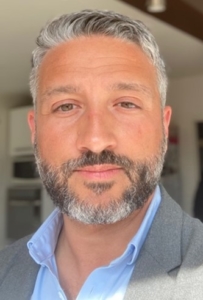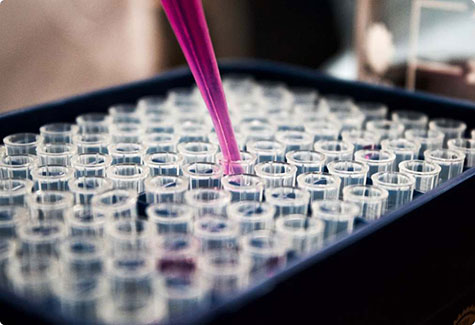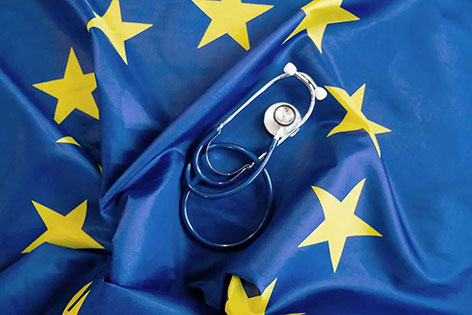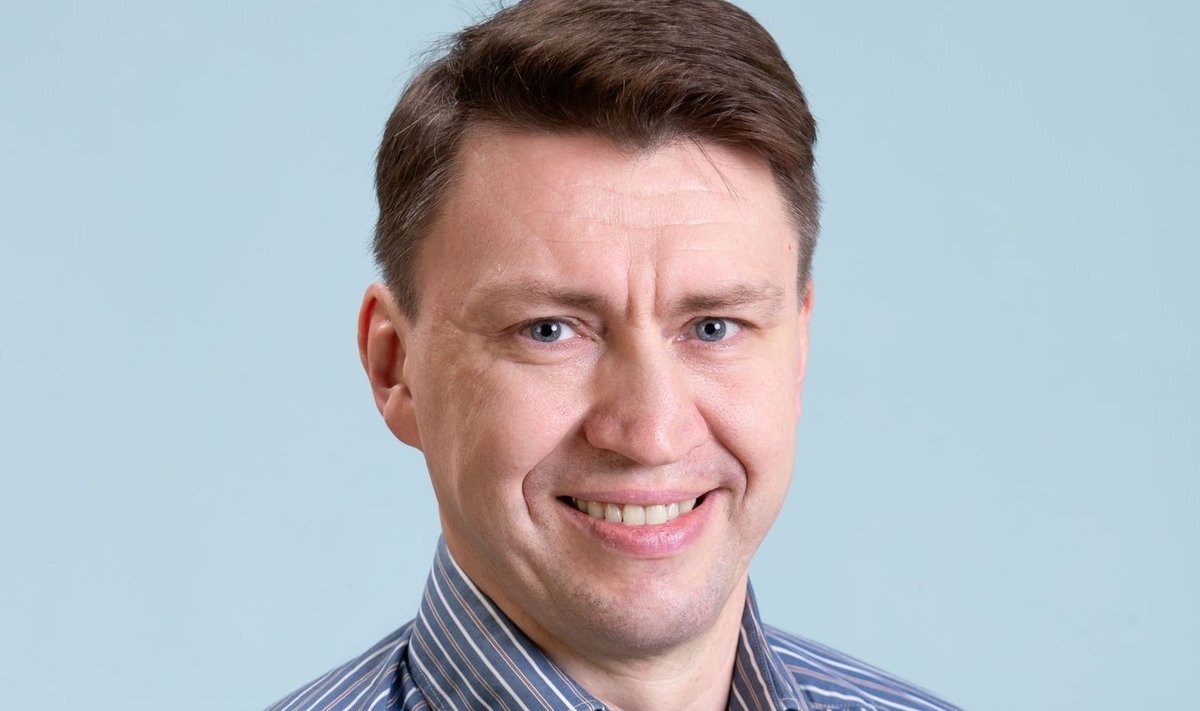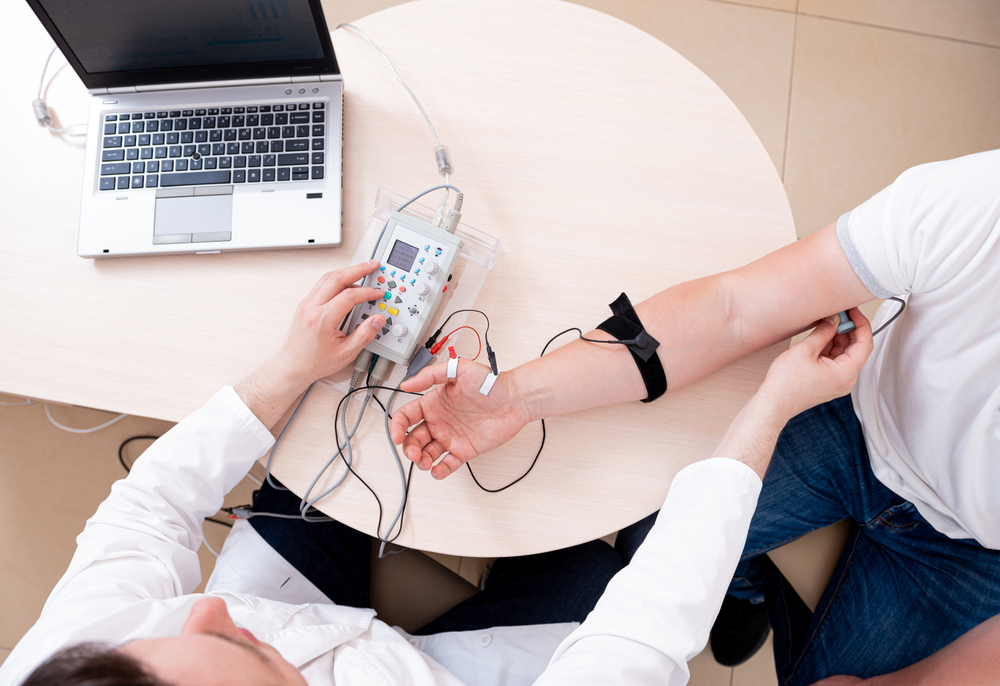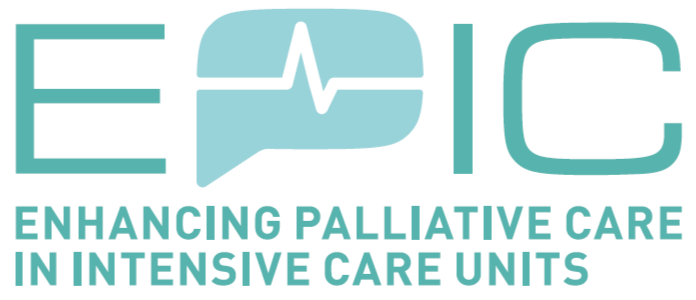ESAIC News
Online Anaesthesia and Intensive Care Crisis Simulation Masterclass
Innovation in challenging times brings new possibilities to light
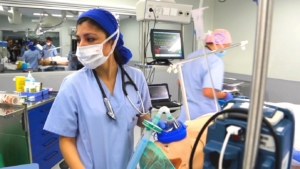 When faced with the problem of continuing valuable simulation training during the pandemic, the ESAIC had to look for innovative solutions.
When faced with the problem of continuing valuable simulation training during the pandemic, the ESAIC had to look for innovative solutions.
We had previously collaborated with Madrid’s University Hospital of Alcorcón, and its experienced high-fidelity simulation centre IDEhA, for the 2017 ESAIC Simulation Masterclass on Procedural Sedation and Ventilation Techniques.
IDEhA is a space for virtual training in a simulation and technological innovation environment that offers teaching based on a simulation environment in different areas of care, surgery, medicine and technical skills. It was created in 2015 and its name is the acronym that corresponds to Innovation, Teaching and Training at the University Hospital of Alcorcón (Madrid), being a pioneering initiative in the Madrid public system.
We knew it was perfect for our needs. It is a large well-equipped centre. It has an operating room, multi-purpose hospitalization room, consulting room, technical skills room, control room, debriefing rooms, classrooms and convertible seminars. It is equipped with high-end adult and pediatric simulators, as well as simulation with standardized patients and roleplay techniques.
The faculty at IDEhA have a wealth of experience. In combination with our own faculty Dr Daniel Arnal and Dr Julien Picard, we were certain this would make a winning combination.
However, we still need to find a solution to running engaging scenarios online. Our answer came through IDEhA’s technical director, Dr Marta Bernardino. Marta had recently completed a course on running the online simulation using Laerdal’s SimCapture software. SimCapture enables the lives to feed on the centre’s cameras and monitor to integrate into Zoom. This would give the attendees a direct connection to the sim suite and virtual monitor. With Marta’s experience and Laerdal’s support, IDEhA was set up with SimCapture so it was ready to run the online simulation.
SimCapture allows you to effectively manage, record, and assess simulation training, both on-site and in-situ. Capture audio, video, annotations, patient monitors, and simulator data in a single web-based interface.
On 20 -21 April 2021, we ran our first online masterclass. The plan was unique and effective. Actors/avatars and a supporting nurse were physically located in the simulation centre. Each of the 2 actors was connected to a participant on Zoom and identified with a white or black surgical cap. The participants were given a briefing before the scenario, as per normal simulation. During the scenario, they would ask for information and give commands to their actor to interact with the patient. The information would also come back to them through a monitor view from the sim centre that would be visible on their Zoom screen.
We ran scenarios based on anaesthesia CRM training: Anaphylaxis, Malignant Hyperthermia, Local Anaesthetic Toxicity and Can’t Ventilate/Can’t Intubate airway. The scenarios and the debriefing approach had to be reworked to suit this new format. Scenarios had to be clarified and simplified a little and their learning outcomes made them even more well defined. The faculty had to be very clear about the flow of the scenario and that it would be manageable under these new conditions.
Debriefing had to become less personal and more a collective discussion about the technical and human factors issues of a particular scenario. However, we discovered that there were excellent discussion points raised through the participants’ interactions. Leadership, communication, teamwork, protocols all had the same relevance but had to be approached in different ways in the debriefing. Participants still took away personal learning points. Participants still experienced that adrenaline rush, even though they were removed from the actual sim centre.
Feedback from this event was highly enthusiastic. We received some excellent suggestions to evolve the course and strong support to continue to provide this online option, even when travel and face2face sessions were permitted again. We had attendees from Dubai, United Arab Emirates, Australia, Greece. Romania and Turkey. It allowed ESAIC members to get access to the high-quality simulation without the need to travel.
Our next online simulation masterclass takes place on 11 – 12 May 2022.
You can find more information here: https://www.esaic.org/event/online-anaesthesia-and-intensive-care-crisis-simulation-workshop-helsinki-declaration-through-high-fidelity-simulation/
The Online Anaesthesia and Intensive Care Crisis Simulation Masterclass is part of the Safer Care to Save Lives education project. The development of this project is supported through unrestricted educational grants from our key ESAIC Patient Safety Partners: Medtronic, Philips Healthcare, Edwards Life Sciences, Mindray and Getinge.
Our faculty
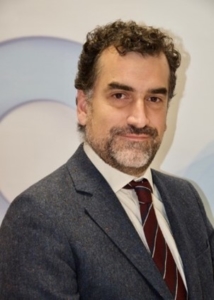
He completed his anesthesiology training at Hospital General Universitario Gregorio Marañon, in Madrid, Spain, and has worked as an Anesthesia Consultant in the Hospital Universitario Fundacion Alcorcon since 2005 where he coordinates and teaches simulation training programs in the IDEhA Simulation Center.
Dr Arnal’s publications and scientific interests focus on patient safety and quality, and he co-edited the Spanish Anesthesia and Critical Patient Crisis Manual.
